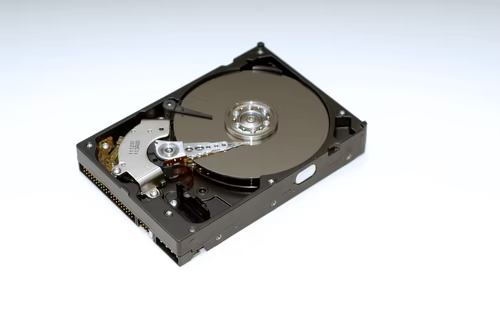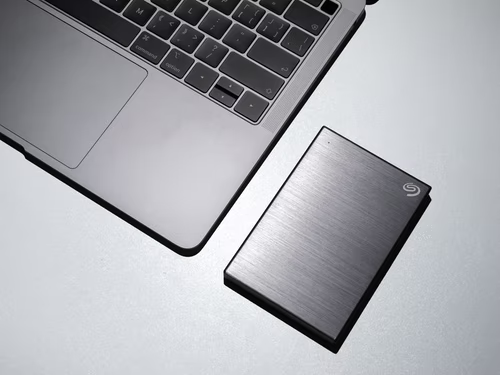
If you’ve decided to get a solid-state drive (SSD) for your PC or laptop, there are a few things you should know about and consider beforehand. In simple terms, an SSD is a hard drive you can use to store data. The best part about them is that they can be plugged into your computer like a USB device. As compared to traditional storage hard drives, SSDs have superior performance and are therefore rapidly replacing them. While there are many misconceptions about the device and how it works, more and more people are opting to use SSDs for their storage needs. To help you make your decision, here’s a deeper understanding of how SSDs work, and everything you need to know about them.
What Is An SSD?
In comparison to traditional hard drives, solid-state drives are significantly faster while performing the same basic tasks. This can be understood more deeply if we consider the working mechanism of both traditional hard drive (HDD) and solid-state drive (SSD).
While a traditional drive consists of moving parts, mainly, a spinning disk that is used to read/write magnetically. These magnetic properties are the main reason for malfunction, and can therefore slow the traditional hard drives. SSDs on the other hand, have no moving or spinning parts that could cause malfunction. The two main components are the NAND flash memory card and the flash controller used to read/write data.
4 Things You Should Know About SSDs
Here are 4 major things you should know about solid-state drives and how they can be beneficial for you.
1. Speedy Performance
If you upgrade your current PC or laptop with an SSD device, you will see a significant improvement in the speed and performance of your system. Starting-up will be considerably faster, and you’ll also notice other programs and files launching quicker. Plus, this will also make your search results load faster. However, the speed of web page launches will remain about the same, so, while you should have high-speed performance expectations, they shouldn’t be beyond reason. You will also notice a drop in the running sound your system makes because SSDs don’t contain moving parts, and therefore make little to no noise as compared to traditional hard drives.
2. One-Time Investment
Initially, solid-state drives were considered to be very expensive and only meant for tech enthusiasts. However, with time, many brands and companies came up with consumer-grade products that are much more affordable. While prices have dropped considerably to more affordable rates, many people still associate SSDs to be expensive. However, if you consider this a long-term investment, the price won’t seem too heavy to you. In fact, considering the amazing storage space these devices provide, no price is too much. Even then, you can research extensively with regard to your budget and storage needs, and find the option most suitable for you.
3. Storage Space
Typically, people prefer using either 64GB or 128GB for their operating systems, which can also be enough to smoothly run some programs and games. However, you should never use an SSD to store media files like music, pictures, or videos because this will slow it down. Although the chances of malfunction are low, and SSD device recovery is a great option to recover lost data, the fuller an SSD is, the slower it will work. While this won’t affect the speed of startups and program launches, the file transfers and other operations will lag and slow down. Another reason why you shouldn’t store unnecessary media items into your SSD device is that the more you write in it, the shorter its life will get. You can use cloud storage as an alternative to storing media files.
4. Installation And Warranty
Installing an SSD device on your PC is essentially the same as installing a hard drive, however, installing it on your laptop is a bit tricky. Laptops are built differently from desktop computers, and you need to configure a lot of settings before the SSD can be installed completely. If you’re not a tech expert, it’s better to let a professional handle the installation process so that you do not mess up your laptop. While most SSDs come with a warranty, you should ensure you do your best to keep them running efficiently for a few years.
SSDs aren’t very new to the market, however, consumer products just came into focus and many people are upgrading their systems from traditional hard drives to solid-state drives. The superior working design and mechanism make SSDs preferable over traditional devices and help solve many of your speed and storage problems.







